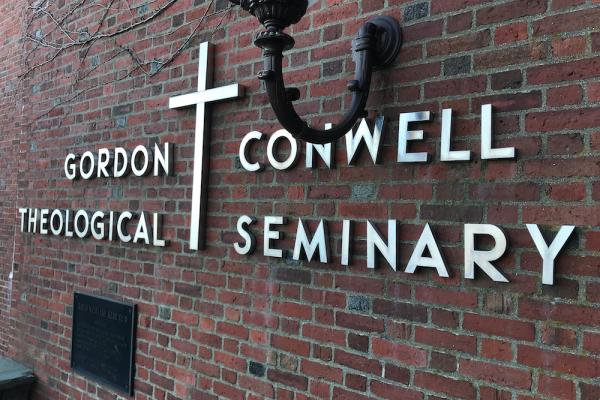Sep 28, 2021
This past spring, Gordon-Conwell Theological Seminary laid off Rev. Emmett G. Price III, a popular professor and former dean of chapel who founded the Institute for the Study of the Black Christian Experience there in 2016. The decision not to renew his contract as part of budget cuts prompted letters of protest from alumni, community leaders, and the Hamilton, Mass., campus’ student association. But students had been raising concerns about racism on campus with senior administrators for months, Sojourners has learned.
Read the Full Article

Already a subscriber? Login
